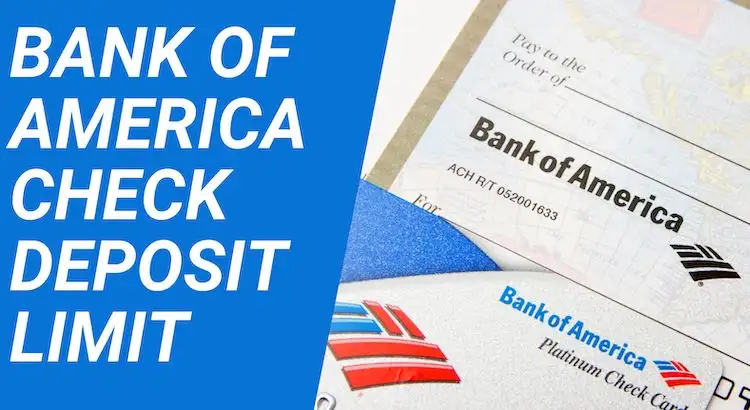Accepting credit card payments is a must for most small businesses in today’s digital world. But with so many different credit card processors to choose from, it can be difficult to know which one is the cheapest for your business.
List of the 10 cheapest credit card processing companies for small businesses
The benefits of cheap credit card processing
- Increased profits: When you pay less in credit card processing fees, you keep more of your profits. This can be especially beneficial for small businesses with thin margins.
- Improved customer satisfaction: Customers appreciate having the option to pay with credit cards, and they’re more likely to shop at businesses that offer affordable credit card processing fees.
- Increased sales: When you accept credit cards, you can reach a wider customer base, including people who don’t carry cash or checks. This can lead to increased sales for your business.
- Improved cash flow: Credit card processors typically deposit funds into your business account within a few days of processing a transaction. This can help to improve your cash flow and make it easier to manage your finances.
- Competitive advantage: In today’s competitive marketplace, offering cheap credit card processing can give your business an edge over the competition.
In addition to these benefits, cheap credit card processing can also help small businesses to:
- Expand their reach: By accepting credit cards, small businesses can sell to customers all over the world.
- Attract new customers: Offering credit card processing can make small businesses more attractive to new customers.
- Increase customer loyalty: When customers know that they can always pay with credit cards at your business, they’re more likely to return.
Factors to consider when choosing a credit card processor
When choosing a credit card processor for your small business, there are a few key factors to consider:
- Pricing: Be sure to compare the different pricing structures offered by different processors. Some processors charge a flat rate per transaction, while others charge a percentage of each transaction plus a monthly fee.
- Features: Consider the features that are important to your business, such as online payments, mobile payments, and recurring billing.
- Customer support: Make sure to choose a processor with good customer support in case you have any problems.
How to get the cheapest credit card processing rates
There are a few things you can do to get the cheapest credit card processing rates for your small business:
- Negotiate your rates: Don’t be afraid to negotiate your rates with your chosen processor. Many processors are willing to negotiate, especially if you have a high volume of transactions.
- Shop around: Compare rates from different processors before you choose one. There are many different processors to choose from, so you’re sure to find one that offers competitive rates.
- Consider a membership-style processor: Some processors offer membership-style pricing, which can save you money if you have a high volume of transactions.
Tips for reducing your credit card processing fees
There are a few other things you can do to reduce your credit card processing fees, such as:
- Surcharge your customers: Some processors allow you to surcharge your customers for credit card payments. This can help to offset your processing fees.
- Use ACH payments: ACH payments are typically less expensive than credit card payments. If possible, offer your customers the option to pay by ACH.
- Accept all major credit cards: Not all credit cards are created equal. Some credit cards charge merchants higher processing fees than others. Accepting all major credit cards will help to reduce your overall processing costs.
Conclusion
Choosing the right credit card processor for your small business is important. By comparing rates and features, and by negotiating with processors, you can get the cheapest credit card processing rates possible.
Frequently Asked Questions (FAQ)
What is the average credit card processing fee for small business?
The average credit card processing fee for small businesses is between 1.5% and 3.5% of the transaction amount. However, the actual fee you pay will depend on a number of factors, including the type of credit card, the type of transaction, and the credit card processor you use.
What credit card machine is best for small business?
Some of the most popular credit card machines for small businesses include: Square, Clover and PayPal.
Who charges least credit card fees?
There are a number of different credit card processors that offer competitive rates. Some of the most popular options include: Helcim, Payment Depot, Square, Chase Payment Solutions, Stripe, Dharma, Stax, PayPal, Clover and SumUp.
How can I avoid paying fees to a credit card company?
The best way to avoid paying fees to a credit card company is to pay your credit card bill in full each month. If you carry a balance, you will be charged interest. Additionally, some credit cards charge annual fees and other fees.
Can I pass on credit card fees to my customer?
In most cases, yes, you can pass on credit card fees to your customers. However, there are a few exceptions. For example, in some states, there are laws that limit the amount of credit card fees that merchants can charge customers.
Is there a way to get rid of an annual fee on a credit card?
Yes, there are a few ways to get rid of an annual fee on a credit card. One way is to negotiate with your credit card company. Many credit card companies are willing to waive annual fees for customers with good credit and a history of on-time payments.

